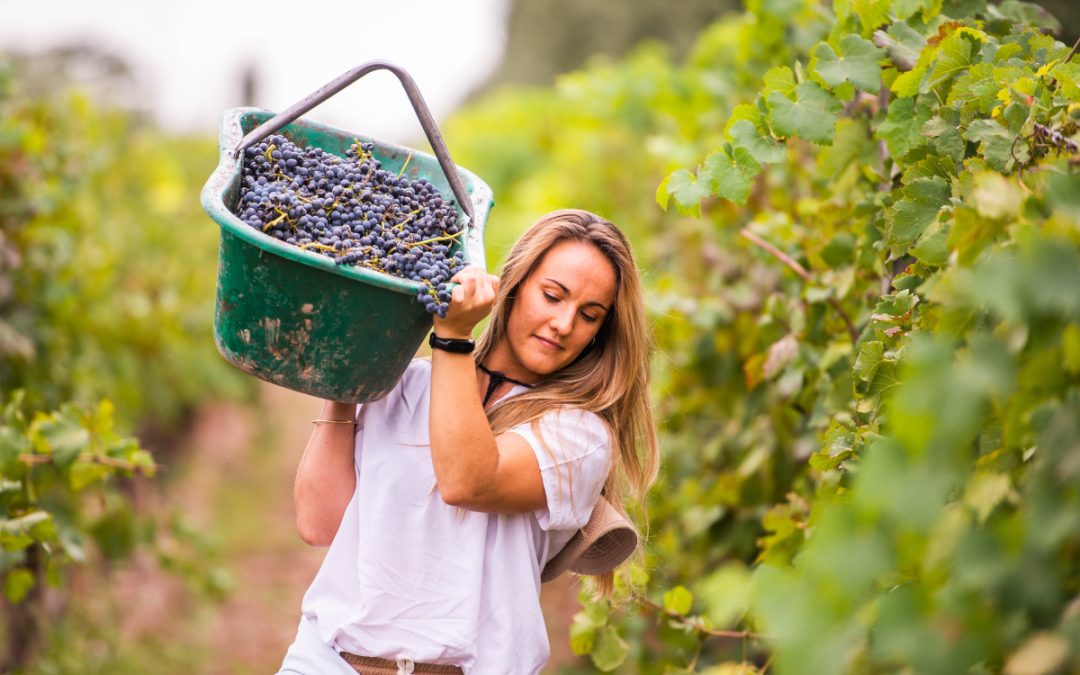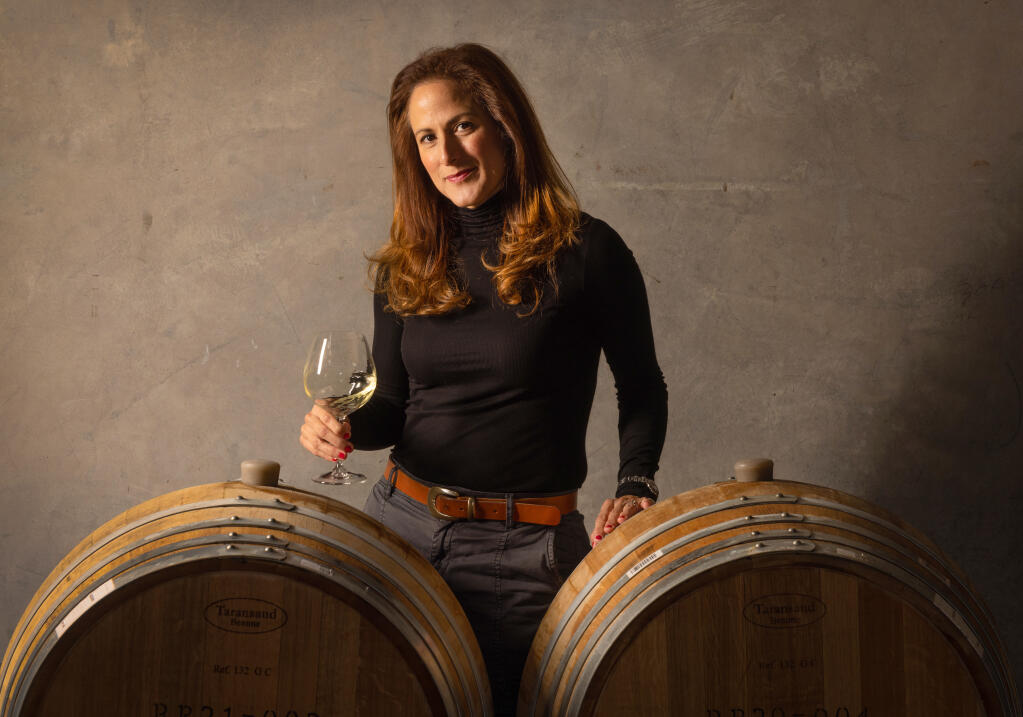The wine industry has undergone a remarkable transformation in recent decades, with women emerging as powerful forces behind some of the world’s most celebrated bottles. While winemaking was historically a male-dominated profession, female vintners are now breaking barriers and reshaping the industry with their innovative approaches, sustainable practices, and exceptional craftsmanship.
These trailblazing women bring unique perspectives to every aspect of wine production, from vineyard management to cellar operations, often emphasizing meticulous care, environmental consciousness, and artisanal quality. Their contributions extend far beyond the cellar, encompassing leadership roles, entrepreneurship, and mentorship that inspire future generations of female winemakers. Today’s female vintners represent a diverse global community, each bringing distinct cultural influences and winemaking philosophies that enrich the industry and challenge traditional conventions.
Historical Pioneers Who Paved the Way
The foundation for today’s female winemaking success was laid by remarkable historical figures who defied societal expectations. Barbe-Nicole Clicquot, known as “The Widow Clicquot,” became the first woman to run a Champagne house in the early 1800s, taking over the company that would become Veuve Clicquot after her husband’s death in 1805. Her legacy demonstrates the resilience and vision that would characterize female wine leaders for generations.
In California, Hannah Weinberger made history in the 1880s as the first female winemaker in the state. After assuming control of her husband’s winery in 1882, she achieved international recognition by winning a silver medal at the World’s Fair in Paris, becoming the only woman vintner to receive this honor at the competition. These pioneering women established precedents that would inspire countless others to pursue careers in winemaking.
Contemporary Leaders Making Their Mark

Today’s female winemakers continue this legacy of excellence across diverse wine regions worldwide. Estelle Roy at La Chablisienne earned recognition as White Wine Maker of the Year in 2024 at the International Wine Challenge, demonstrating her expertise in crafting exceptional Chablis while implementing sustainable practices to address climate change challenges.
Susana Balbo stands as an iconic figure in Argentine winemaking, holding the distinction of being the country’s first female oenologist. With over 40 years of experience, she founded her family winery in Mendoza in 1999, where she continues crafting wines known for their complexity and finesse, particularly her renowned Malbec from the high-altitude Uco Valley region.
In Greece, Eleni Kechris represents the third generation of her family’s winemaking tradition, having studied oenology in Bordeaux before returning to redefine traditional Retsina production. Her work challenges preconceptions about Greek wines, proving that traditional styles can achieve modern quality standards while honoring heritage.
Innovation and Sustainability Focus
Female winemakers consistently demonstrate commitment to sustainable and organic practices. Caroline Frey at Domaine Paul Jaboulet Ainé in France’s Northern Rhône exemplifies this approach, implementing organic and biodynamic practices that prioritize soil nourishment and environmental respect. Her mindful winemaking philosophy reflects broader trends among female vintners who often emphasize long-term vineyard health over short-term gains.
Milla Handley made history as the first female winemaker in the United States to establish a wine brand under her own name, founding Handley Cellars in Anderson Valley in 1982. Her daughter Lulu now continues the family tradition, specializing in premium organic Pinot Noir with minimal intervention techniques.
Global Impact and Future Prospects
The influence of female winemakers extends globally, with women leading prestigious estates across Italy, New Zealand, and beyond. Judy Ibbotson co-founded Saint Clair Family Estate in Marlborough, New Zealand, helping establish it as one of the region’s most awarded producers since planting their first vineyards in 1978.
Despite representing only 18% of California’s 5,000 wineries as of 2023, women-owned operations continue growing, with female entrepreneurs challenging traditional ownership narratives. These statistics highlight both progress made and opportunities ahead for greater gender equality in wine industry leadership roles.


